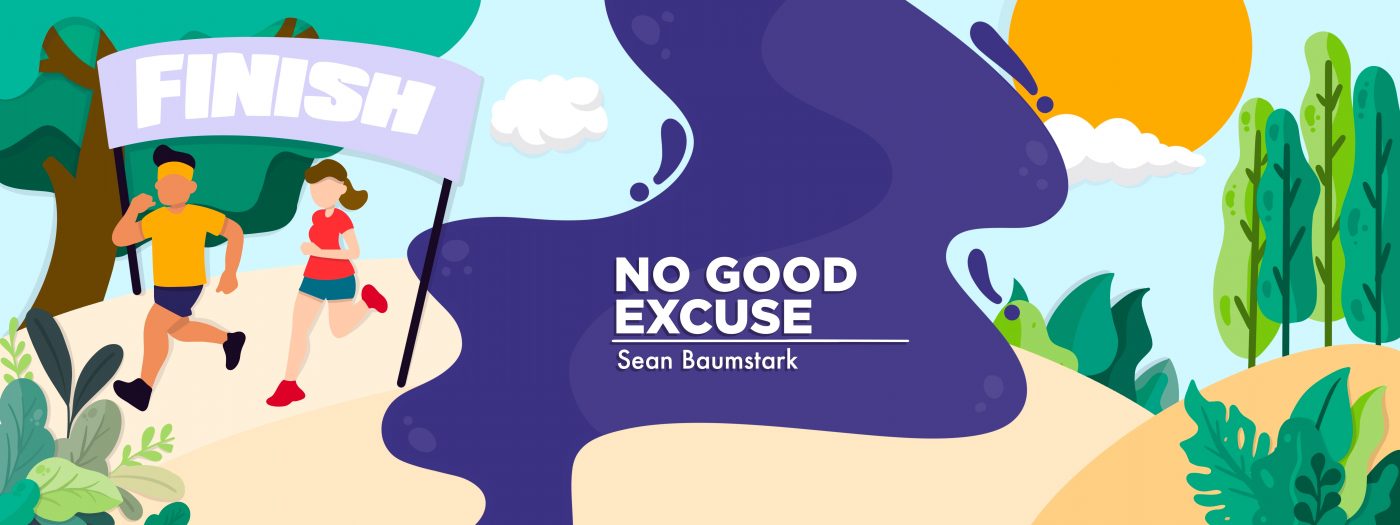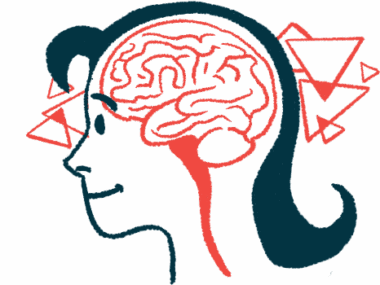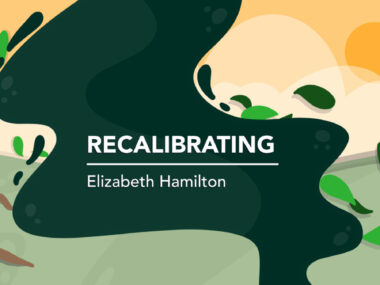Advocacy Does Not Require a Megaphone
Written by |

Advocacy seems to be taking on a new meaning for me as the years pass and I become more comfortable in my own body. In addition to increased confidence in myself, the Enneagram personality test I previously wrote about is still proving to be valuable in helping me understand why I think the way I do.
I recently found myself describing advocacy as something akin to an onion: It has lots of layers to work through. Some days, those layers can be simple and shallow, while other days may reveal more complex and confusing ones.
In the early days of my Friedreich’s ataxia (FA) diagnosis, advocacy took the form of simply sharing the diagnosis and my personal experiences with family and friends. It eventually evolved into sharing some details with complete strangers.
At some point, advocacy began to push me toward learning more and delving deeper into the “club.” I didn’t even know existed before my diagnosis.
After a couple years observing and meeting other advocates all over the country, I started making a concerted effort to sign petitions, attend legislative meetings, and support rallies, and I found a voice in writing and podcasting that allows me to call attention to specific things on a regular basis.
Lately, I can’t help but think that the most significant form of advocacy is standing up for yourself and defining boundaries for you and the people around you. Being my own advocate first is foundational for growing into an advocate that can speak on behalf of others.
I used to get emotionally worked up when I felt someone was judging my abilities. When someone would scowl at me or I felt they were asking questions in an accusatory manner, I would respond with tensity and offensiveness in my tone, almost angry that they seemed clueless. And to be fair, I still have high-voltage moments and encounters with strangers from time to time.
What I am realizing though, is the missed opportunity to educate someone and broaden their perspectives and understanding of the “lost world” of rare and often invisible conditions. I’m not convinced that I owe anyone a polite and informative conversation just because they decided to dig into something that isn’t their business. But if I want to truly advocate for myself and so many of my friends, being willing to help lead someone to a place of better understanding is the ultimate goal. (This doesn’t mean I will only do so in a warm and fuzzy way, but it’s a more likely option now than ever before.)
A couple weeks ago, I had one of these more conversational moments. Someone watched me walk to my car after leaving my go-to coffee shop. Moments later, as I began backing out of my parking spot, a car blocked me into that spot and the driver exited his car and approached my window. I had no doubt as to what his concerns were, and I immediately went into defense mode, feeling my blood boil and my heartbeat increase. My hands started to shake and I could feel a crack in my voice coming to the surface.
As I rolled down my window in anticipation of a verbal brawl, the gentleman led with a seemingly sincere and gentle tone, asking, “Are you OK?” He wasn’t accusatory, instigating, or mean about his questioning. I believe he was honestly concerned for my safety and other people on the road.
Although the shakes took a moment to subside and my voice still got hung up by the intensity in my breathing, I was oddly calm and understanding of his perspective.
The interaction was very brief, but I was left feeling appreciative of his approach and I believe he walked away realizing that not all gait disturbances are due to alcohol intake.
No, he didn’t sign a petition or agree to call his congressional representative to rally behind issues concerning the disabled. He did not make any donations to my cause or sign up for my podcast newsletter. However, I believe his perspective was expanded, and so was mine. He listened as I explained.
We both grew, and in that moment, I believe my advocacy was as loud and impactful as ever.
***
Friedreich’s Ataxia News is strictly a news and information website about the disease. It does not provide medical advice, diagnosis or treatment. This content is not intended to be a substitute for professional medical advice, diagnosis, or treatment. Always seek the advice of your physician or another qualified health provider with any questions you may have regarding a medical condition. Never disregard professional medical advice or delay in seeking it because of something you have read on this website. The opinions expressed in this column are not those of Friedreich’s Ataxia News or its parent company, Bionews, and are intended to spark discussion about issues pertaining to Friedreich’s ataxia.






Leave a comment
Fill in the required fields to post. Your email address will not be published.